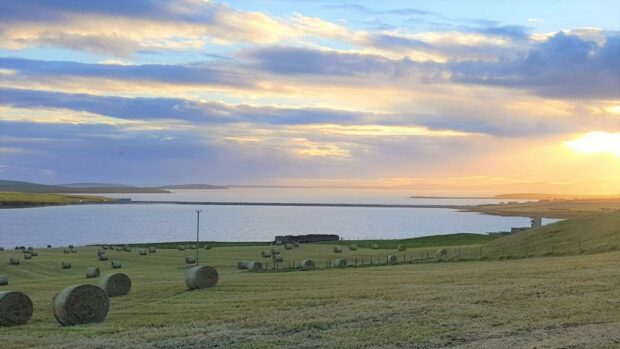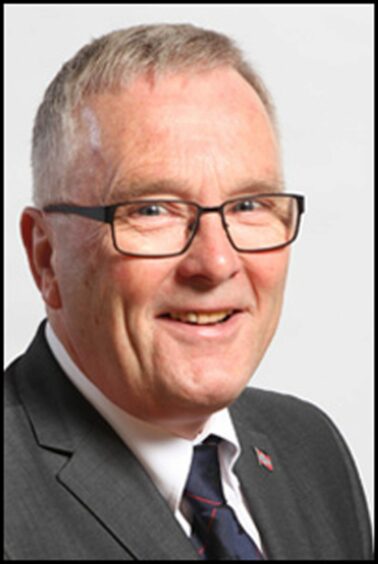Orkney council has recognised climate change in its risk register – almost four years after it declared a climate emergency.
Councillors on the Policy and Resources committee were told about the addition to the register at a meeting this week.
Climate change now sits as the fourth-highest risk to the council and its services, according to a rating of 20 given by officers.
Only transport, economic stability, and economic risks sit higher than it.
While no on one the committee opposed the addition to the risk register, councillor Duncan Tullock did ask why climate change was given a higher rating than risks to the workforce, cyber security, or childcare services.
The councillor also asked why, when the new council plan has climate-related goals resulting net zero, it is noted in the risk register that the move to net zero would require funding and resourcing “beyond the council’s capability”.
Mr Tullock said: “What are you going to do? What are the risks to Orkney that outweigh your children or your workforce, which we all know we have problems with?”
The council’s head of property, asset management, and facilities Kenny MacPherson answered.
He said climate change was given a high rating because of the risk it posed to Orkney’s ability to produce and supply food and drink.
Councillor asks why climate change poses a bigger risk to Orkney council than other issues
Mr Macpherson: said: “When the risk was being written a lot of consideration came around the impact on the Orkney business community and their ability to do what Orkney does best.
“This would be the production of food and drink which relies on a supply chain relying on appropriate weather conditions.
“If the climate does change significantly, we’re facing significant amounts of flood risk. This included surface water flooding on our roads and in fields.
“The issues you raise on the cost of delivering net zero; that’s the other side of the coin.
“We have targets to transform how we do energy, heating, and how we move on from reliance on carbon.”
However, Mr Macpherson said these changes didn’t come without a cost both in terms of finances and time.
Mr Tullock accepted this answer. But he said he still took issue with the idea that climate change risks are held so high.
He said this was because they “may happen” but “we don’t see them happening”.
He said: “We see children’s services problems, we see staffing problems.
“To make me happy, we could remove four words from the council vocabulary that would improve things in my opinion.
“These are ‘net zero’ and ‘carbon neutral.'”


Conversation